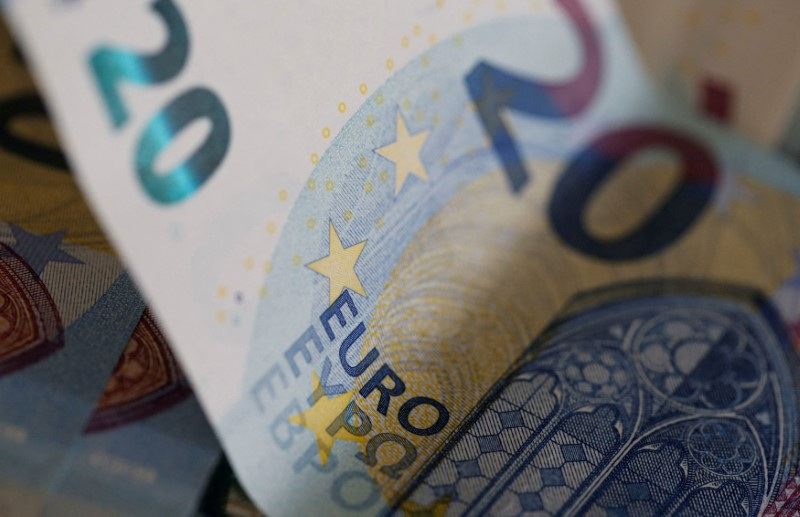By Yasin Ebrahim
Investing.com – The euro hit parity against the dollar for the first time in two decades Tuesday, but there could be more pain to come in the coming days as the bleak economic outlook will continue to push investors into the safe arms of the greenback.
EUR/USD rose 0.16% to $1.0053, after falling to a more than 20-year low of $1.0000.
“[A] short-lived dip to 0.9800-0.9900 in the coming days looks relatively likely,” ING said, though it noted that a potential dip below parity would prove “short-lived” amid expectations for a return to 1.0500 in the autumn.
The slide to parity against the dollar has been driven by a cocktail of issues: the differing approach from the European Central Bank and the Federal Reserve, the threat of major recession in Europe, and geopolitical uncertainty.
The Fed’s move from passive to active on its mission to rid the economy of red-hot inflation has boosted Treasury yields, “triggering a notable correlation between sovereign bond yield spreads (differentials) and thus exacerbating currency market volatility,” Janney Montgomery Scott said in a note.
If Russia decides to curb gas supply to the continent, investors will have to reprice the EU economic outlook and a potential “dovish re-pricing of European Central Bank rate expectations,” says ING, could further widen the divergence of Treasury yields and other sovereign bond yields.
The dollar’s remarkable run, however, has pushed it deep into overbought territory, but while that may usually spark a reversal and trigger a squeeze on dollar bulls, the greenback’s ongoing road to glory, paved with Fed hawkishness, isn’t likely to narrow soon.
“Markets will need a trigger to enter position-squaring trades and offload some of their dollar positions […] but we doubt that the narratives of aggressive Fed tightening, and an economic slowdown (especially outside of the US) will be dented in the near term,” ING added.
"A move to 110 in DXY [dollar index] over the coming weeks surely cannot be excluded," it added.
The U.S. dollar index, which measures the greenback against a trade-weighted basket of six major currencies, rose by 0.07% to 107.91.
